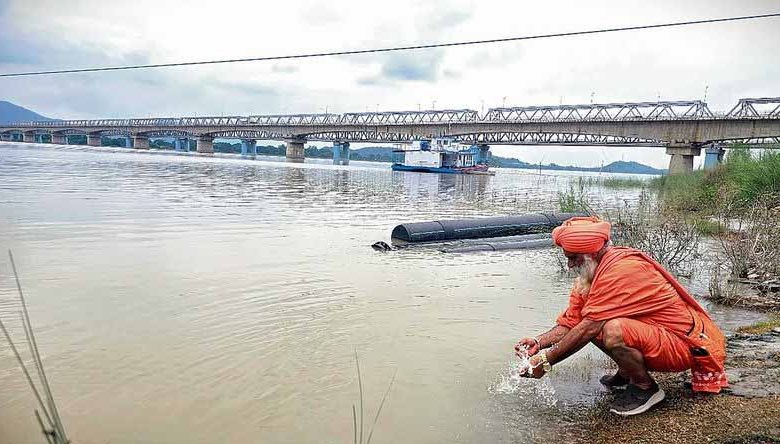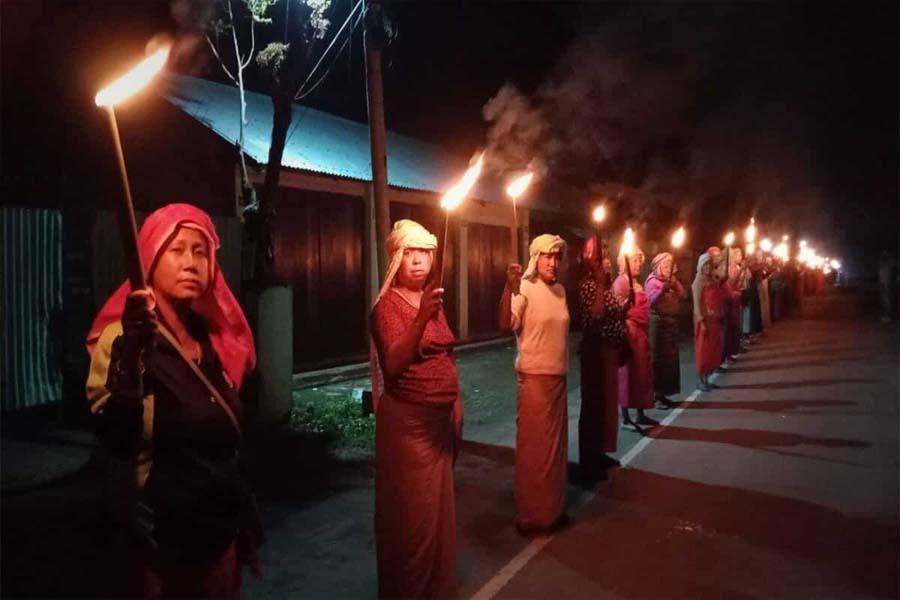Jalandhar: The government did not work honestly to make the rivers pollution free

Jalandhar: Rajya Sabha member and environmentalist Balbir Singh Seechewal said that no government has worked honestly to make the rivers pollution free. Appealing to the people on the occasion of World River Day, Seechewal said, “Rivers are the priceless heritage of Punjab, every Punjabi should consider it his moral responsibility to protect them from pollution. No government has fixed the responsibility of administrative officials to protect the rivers from getting polluted.” Seechewal said that people have been worshipping rivers for centuries, no one had even thought that in a country that worships rivers, people will make them poisonous. World River Day is celebrated on 22 September. Seechewal said that Punjab is named after five rivers. Unfortunately, at the time of partition in 1947, this country with five rivers and its rivers got divided. Now only three are in Punjab, out of which the biggest river Sutlej has become extremely polluted. Seechewal said that even the water of Khande Baate prepared at the time of establishment of Khalsa Panth was taken from Sutlej. Amrit river is now spreading death in the form of cancer. Addressing the function organised during the recently concluded ‘8th Indian Water Week’ at Pragati Maidan in Delhi, Sant Seechewal said that administrative officials are responsible for polluting the rivers. Despite all the officials being aware of the existence of Water Act of 1974, they have failed to implement it. Seechewal said that politics has been done on rivers but no government has given priority to cleaning them. Seechewal appealed to Punjabis to come forward to save their heritage from getting polluted.
He praised the youth who stopped people from throwing material and plastic envelopes in Sutlej and said that it is the moral responsibility of all Punjabis to save rivers from pollution. Seechewal said that the target of 11 November 2011 was set to make the river pollution free, for which a budget of about 2,000 crore rupees was also kept. Similarly, in 1985, the then central government had set a budget of 1000 crore rupees for cleaning the Ganga. Ganga was not cleaned, but 1000 crore rupees were spent in the name of cleaning. Similarly, the current government kept 20 thousand crore rupees for cleaning the Ganga, but Ganga could not be cleaned completely. Although the Center had adopted the ‘Sechewal Model’ to prevent the pollution of 1657 villages situated on the banks of Ganga from falling into the Ganga, it was not implemented.





